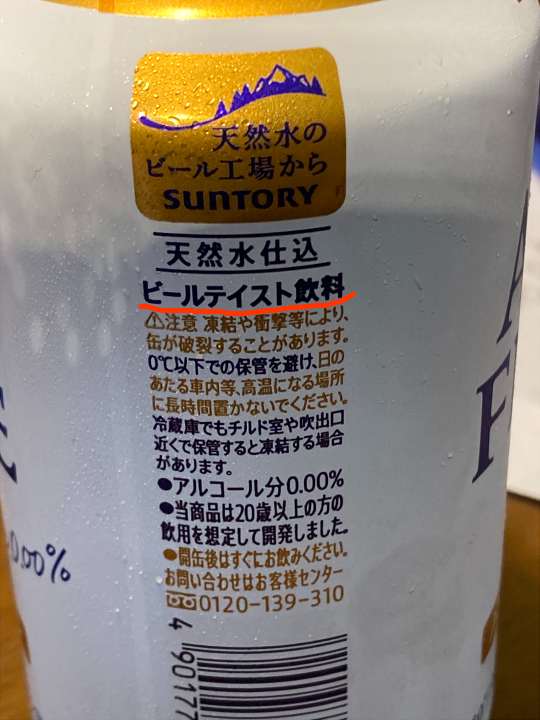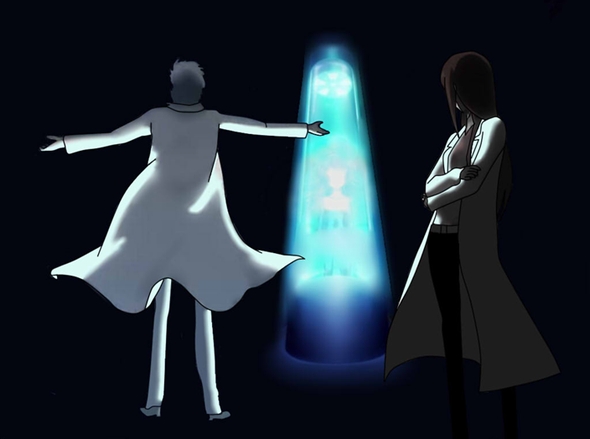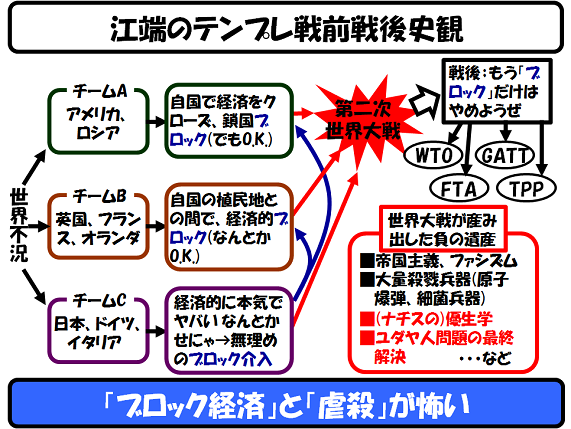私の山ほどある座右の銘の一つに、「火中の栗は拾わない」があります。
One of my many mottos is “Never pick up chestnuts in the fire.
私、ブログのネタには困っていない方です。「火中の栗」をマメにメモしているからです ―― でも、基本的に「火中の栗は拾わない」です。
I'm the kind of person who doesn't have a problem with blog posts. I've been taking notes on “chestnuts in the fire,” but I don't “pick up chestnuts in the fire.”
そんなもの、「冷めて」から拾えばいいし、色々な情報が出尽したところで「食べればいい」と思う。
I can pick up such things after they “cool down” and “eat” them when I have run out of information.
でも、「火中の栗」でも、食べれるものはあります ―― 私が専門としているフィールドのネタです。
But even “chestnuts in the fire” can be eaten -- the stuff of the field I specialize in.
-----
という訳で、今日は「「火中の栗」の一つである、『イスラム教シーア派組織ヒズボラの構成員らが使うポケットベル(ポケベル)3000台以上が同時に爆発した』を取り上げてみたいと思います。
Today, therefore, I would like to focus on one of the “chestnuts in the fire,” “More than 3,000 pagers used by members of Hezbollah, a Shiite Muslim organization, exploded at the same time.
現時点で、どの国も組織も「犯行声明」を出していませんが、こんなことができるところは、かなり限られるとは思います。
At this point, no country or organization has issued a “statement of criminal activity,” but I am sure there are very few organizations that can do this thing.
私が思い出したのは、12年前に執筆したこのコラムの「スタックスネット」です。
I recall this column, “Stuxnet,” which I wrote 12 years ago.
(↑クリックすると記事に飛びます)
(↑Click here to jump to the article)
このサイバー攻撃も、私たちITエンジニアの(当時の)常識を破る方法で、かなり驚いたものですが、今回の『ポケットベル(ポケベル)3000台以上が同時爆発』も、かなり驚きました。
This cyber attack was also quite surprising because it broke the common sense of us IT engineers (at that time), and the “simultaneous explosion of over 3,000 pagers” was also quite surprising.
完成された製品の中に、その後に「爆薬」と「起爆装置」の両方を組込む、という技術力が、私にはちょっと信じられない ―― それ、ほとんど『作り直し』になる、と思いました。
I found it a bit hard to believe that the technical capability to incorporate both “explosives” and “detonators” into a finished product afterwards -- it would almost be a “make-over”, I thought.
もっとも簡単な方法は、スタックスネットと同様に、ソフトウェアを誤作動させてポケベルを過負荷状態にして、内部の部品を爆発させる、ですが、爆発する部品って、バッテリーくらいです。
The easiest way to do this is to malfunction the software and overload the pager, as in Stuxnet, causing the internal components to explode. Still, the only exploding element is the battery.
でも、ポケベルのバッテリーで人を殺傷する爆発を起こせるか、というと、ちょっと難しいんではないか、と。
But, I wondered if it would be a bit difficult to say whether a pager battery could cause an explosion that would kill someone.
とすると、「完成された製品の中に爆薬を埋めこんだ」ということになると思いますが、ポケベルの中に組込めるほど小さな爆薬ってあるんだろうか?
So I guess that would mean “explosives embedded in a finished product,” but are there explosives small enough to be incorporated into a pager?
と調べてみたら、どうやらあるみたいです("C4"とか、"TATP"とか言うものらしい)。
I looked it up and found that it seems to exist (it is called “C4” or “TATP”).
でも、爆薬を詰め込んだ機器が3000台もあれば、その1%くらい(30台)は、かならず誤作動する(歩留まり不良)はずです。つまり、事前に事故が起きていたはずだけど、現時点では、そのようなニュースは見つけられていません。
However, if 3,000 devices are packed with explosives, about 1% (30) should surely malfunction (yield failure). In other words, an accident should have occurred beforehand, but we have not found any news of such an accident.
ところが、"C4"を使えば、この「歩留まり不良」も回避できるみたいです。
However, it seems that “C4” can avoid this “yield defect.”
- 粘土のような柔らかさを持ち、手で成形可能
- 非常に安定しており、火や衝撃、銃弾を当てても爆発しない。爆発させるには特定の起爆装置が必要
- ただ、起爆には強力な衝撃波(デトネーション)が必要なため、簡単に偶発的な爆発は起こらない
- Soft like clay and can be molded by hand
- Extremely stable and will not explode if hit by fire, impact, or bullets. Requires a specific detonator to detonate.
- However, detonation requires a powerful shock wave (detonation), so there is no easy accidental detonation.
C4の写真とか見てみると電気回路と相性が良いようです。
Looking at pictures of C4 and other things, it seems to work well with electrical circuits.
実際、そのように使われているようです。
It seems to be used in this way.
―― 材料さえ揃えば、私でも作れそう
"If I have all the ingredients, I can make it."
と思いました。
I thought it.
まあ、C4が手に入らないので、私にはどうしようもないのですが(学生の時は、"C4"ではなくて"爆竹"を使った、ということになります)。
Well, since I can't get C4, there's nothing I can do (when I was a student, I used “firecrackers” instead of “C4”).
-----
次に、私が驚いたことは、「ヒズボラの通信端末が2日連続で相次ぎ爆発」でした。
Next, I was surprised to read that “Hizballah communication terminals had exploded one after another for two days in a row.”
―― ヒズボラの事務局は、一日目の攻撃の後、全ての通信機器の使用停止命令を発令しなかったのか?
"Didn't Hezbollah's secretariat issue an order to suspend the use of all communication devices after the first day of attacks?"
とも思いました。
I also thought that.
しかし、組織が大きくなると、ガバナンスが難しくなるのは当然です。ヒズボラの構成員は少なくとも10万人はいると言われています。
However, it is only natural that governance becomes more complex as an organization grows. It is said that there are at least 100,000 members of Hezbollah.
加えて、この手の通達は、なかなか構成員に浸透しないものです。
In addition, this kind of notice does not easily penetrate the members.
----
仮に、我が国で、『iPhoneに爆薬がしかけられている』と報道されても、ほとんどの人は、私を含めて、iPhoneを使い続けるだろうなぁ、と思ってしまいました ―― で、多分、爆死する。
Even if it was reported in Japan that 'there was an explosive device hidden in an iPhone,' I think that most people, including myself, would probably continue to use the iPhone - and probably die in the explosion.
「サイバーテロについて耳にしても、自分たちには関係のないことのように思える」のは避けられないと思えます。
It seems inevitable that 'when we hear about cyber terrorism, it seems like something that doesn't affect us.'



